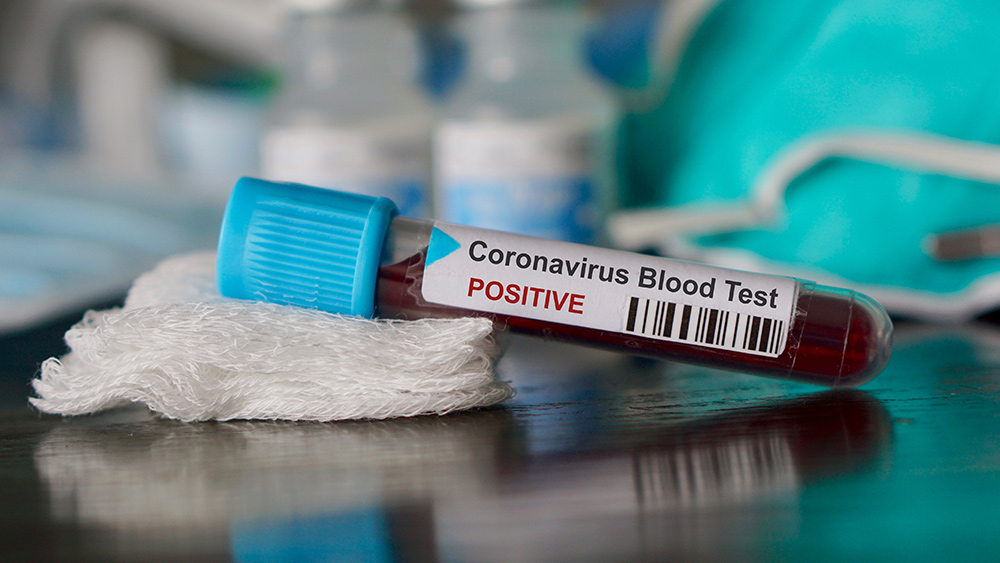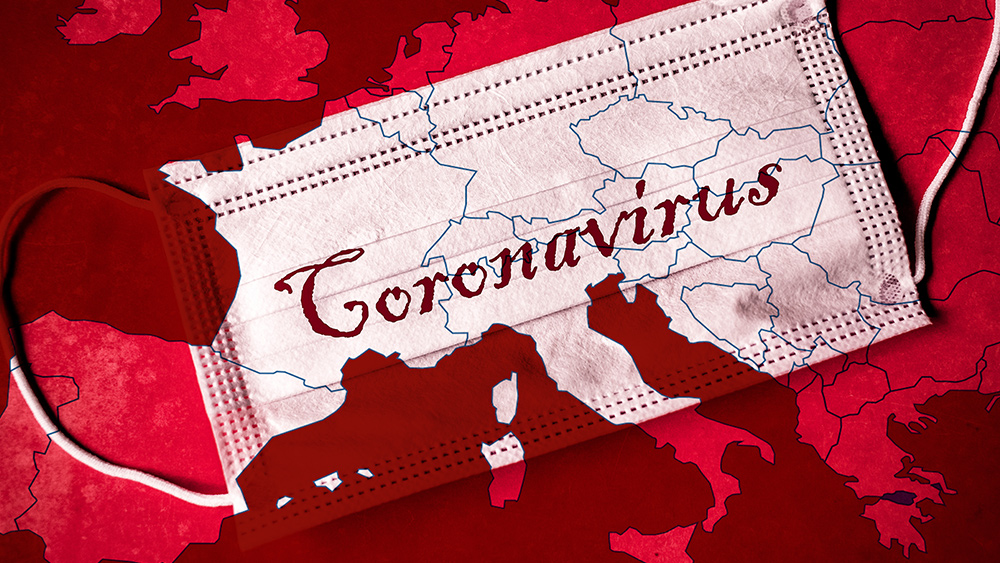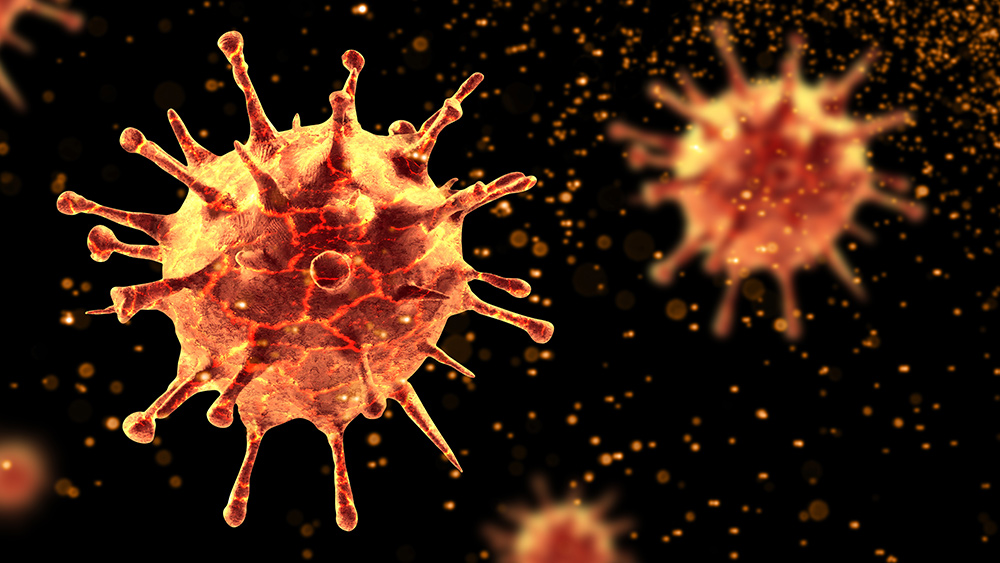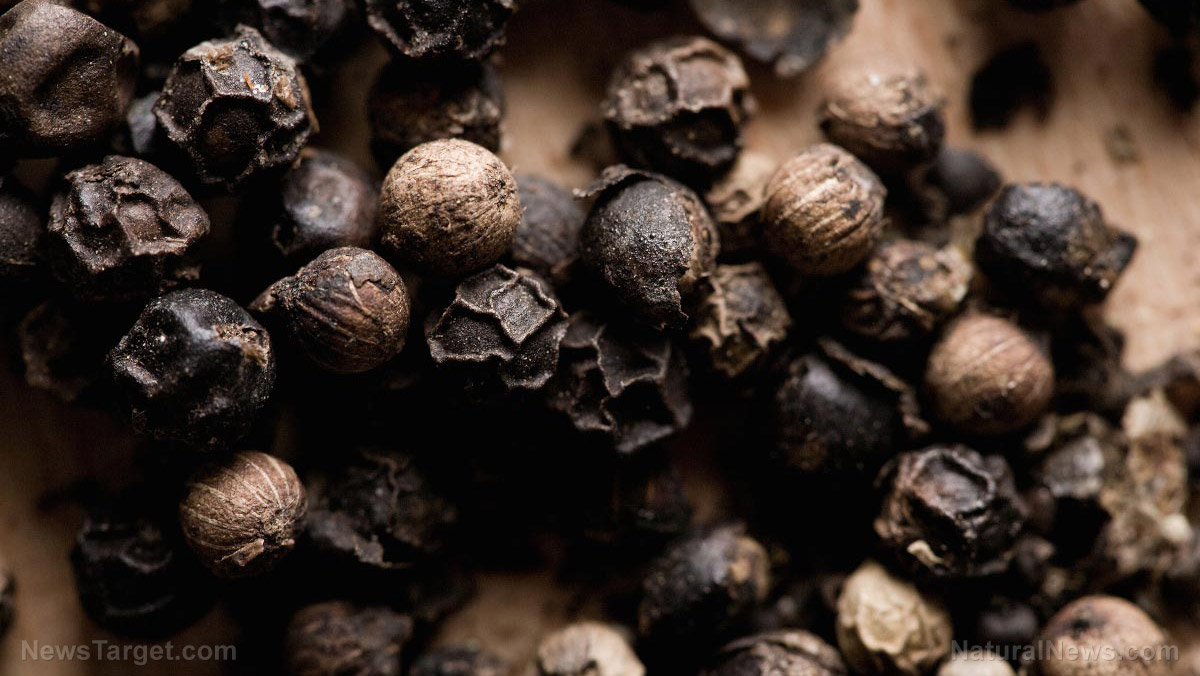Pain under the shoulder blade: 7 Possible causes and how to prevent it
03/19/2020 / By Divina Ramirez
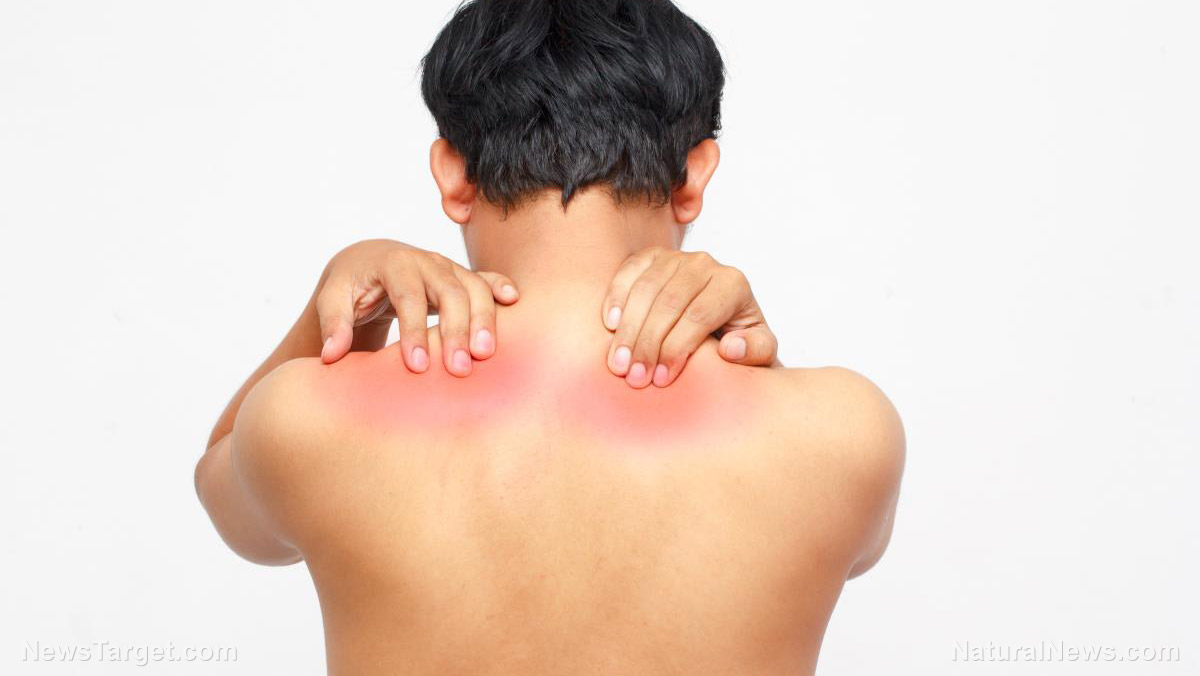
The shoulder blades or scapulae are triangular bones located on the upper back. The scapulae serve many functions including shoulder rotation and spinal support.
Pain along this region is often caused by poor posture and muscle strain. However, serious conditions, such as cardiovascular disease, lung cancer and osteoporosis, can also affect the shoulders. It is important to identify the cause of pain, so that adequate treatment may be administered.
Possible causes
Here are some possible causes of shoulder blade pain.
Poor posture
Poor posture places undue strain and pressure on the spine, shoulders and hips. If left unchecked, poor posture can cause chronic back pain and increase the risk of degenerative joint diseases, like osteoporosis and osteoarthritis.
Fortunately, the correction of poor posture can strengthen the spine and minimize back pain. To improve sitting posture, always align your back against the back of the chair. You should also avoid slouching, leaning forward and sitting in one place for too long. Meanwhile, keep your head level when standing or walking. You should also stand with the weight of your body on the balls of your feet, not on the heels.
Improper lifting technique
Lifting or carrying heavy objects without observing proper technique increases the risk of injury. To avoid sprains, tears or dislocation during lifting, tighten your core to engage the abdominal muscles. Doing so protects the spine and lower back from pressure. Getting out of position during lifting can also put a great deal of stress on the lower back, so concentrate and observe proper technique from start to finish.
Overuse
Muscle strain is one of the most common causes of shoulder blade pain. Excessive physical activities, such as exercise and weightlifting, create mild to severe tears on muscles, causing pain that can spread throughout the body. However, overuse of the torso can cause intense pain along the arms, shoulders and chest. (Related: Relieve shoulder pain with these simple workout tweaks.)
Cervical herniated disc
A cervical herniated disc occurs when the cushions between the vertebrae in the neck rupture and tear, causing pain and numbness throughout the torso.
Dislocated rib
Shoulder blade pain may also be caused by a dislocated rib due to poor posture, excessive exercise and physical injuries.
Heart condition
Pain that affects the shoulder blades alone may be an indicator of a serious underlying condition. For instance, some heart conditions, like pericarditis and aortic dissection, can cause pain along the spine and shoulders.
Pericarditis is characterized by the swelling and irritation of the membrane that surrounds the heart, causing chest pain that spreads to the neck and shoulder blades. Meanwhile, aortic dissection occurs when the heart’s largest blood vessel tears, causing blood to surge through. In some cases, a heart attack is preceded by a sharp pain along the upper back and shoulders.
Compression fracture
A compression fracture is a type of spinal fracture caused by osteoporosis. It typically affects the upper back area including the spine, shoulder blades, neck and ribs. Surprisingly, compression fractures are quite common due to the prevalence of osteoporosis in older adults.
The shoulder blade is one of the most difficult bones to fracture due to its structure and location. However, degenerative joint diseases, such as osteoporosis, can weaken even the toughest bones and cause chronic pain.
Treatment
Shoulder blade pain may be caused by muscle strain, minor injuries, age-related conditions and heart ailments. That being said, most cases of shoulder blade pain are mild and can be treated by the following:
- Ice
- Bed rest
- Compression
- Elevation
- Massage
- Stretching exercises
For serious causes including heart conditions and fractures, you should seek proper care and treatment.
Visit Prevention.news for more tips on preventing body pain.
Sources include:
Tagged Under: aortic dissection, cervical herniated disc, compression fracture, heart disease, muscle strain, Osteoarthritis, osteoporosis, over-exercise, pericarditis, poor posture, prevention, remedies, spine



